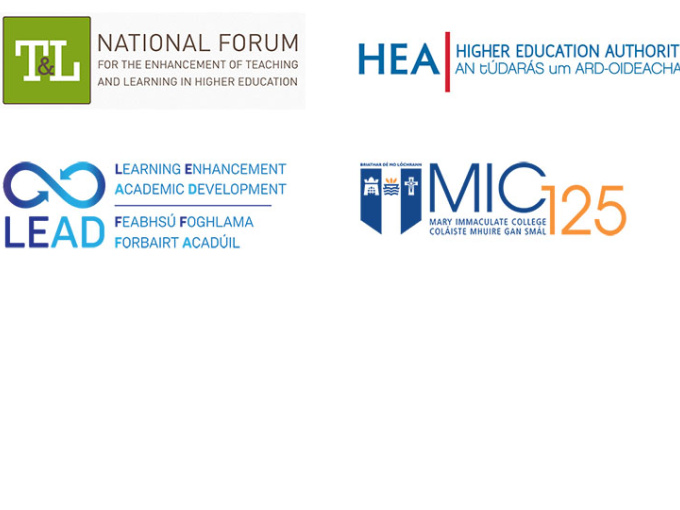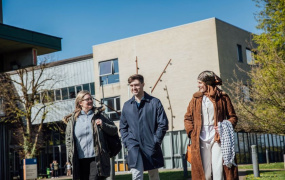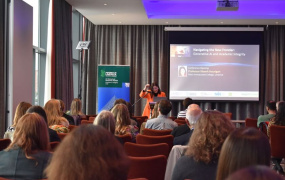
Learning Enhancement
and Academic Development (LEAD) Centre
Case Studies
The case studies below highlight the excellent teaching and learning practices that are in place across MIC. Each case study provides a detailed description of the approaches implemented, the benefits and challenges of such approaches, and tips for those who wish to implement similar approaches in their own teaching. In addition, resources such as grading rubrics and assessment forms, have kindly been shared by the teaching staff in these case studies.
Tracking Pre-service Teachers’ Development as Choral Music Leaders
This case study describes Dr Maria Varvarigou's use of video recordings as a way to help students track their development as choral music conductors. This assessment is authentic (McArthur, 2023) in the way that it closely resembles the activities of weekly instruction the students, as pre-service teachers, will undertake in their future careers as choral leaders in schools.
Developing Authentic Assessment and Enhancing Student Engagement through a COIL Exchange
This case study shares Dr Niamh Higgin's experience of creating an authentic assessment aimed at enhancing and sustaining student engagement in her health psychology module. She wanted her approach to assessment to be one that would challenge students to think about how the material they discuss in class is applied in a real-world context. She further embedded this approach into an international teaching collaboration, and in so doing sought to develop her students as global citizens.

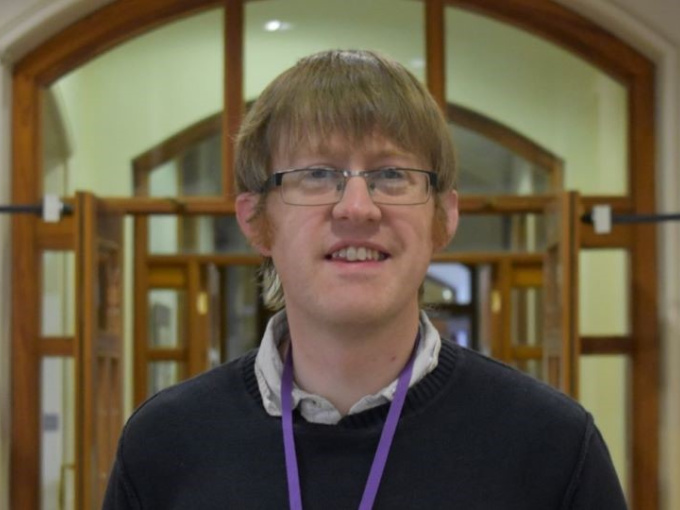
Using Student-Generated Video to Assess the Social Psychology of Pro-Environmental Behaviour
Dr Marc Scully sought to design an assessment that would help students to apply social psychological theory and research to contemporary social issues. To facilitate this, he asked students to work in groups of five to produce short videos intended for a general audience. The videos were to outline 'one small way' that viewers could change their behaviour to address the climate crisis, based on the social psychology of behaviour change. To encourage reflective engagement and consolidate the students’ learning, he also asked them to take part in a peer feedback exercise.
Cooperative Learning within Microteaching
In this case study, Dr Rosemarie Martin outlines how Cooperative Learning was implemented within the Microteaching component of the B Ed programme during the Spring 2023 semester. Cooperative learning involves collaboration, communication and interdependence among students to achieve learning goals. Within Microteaching students were facilitated to plan, prepare, teach and reflect on their practice in collaboration with their peers.

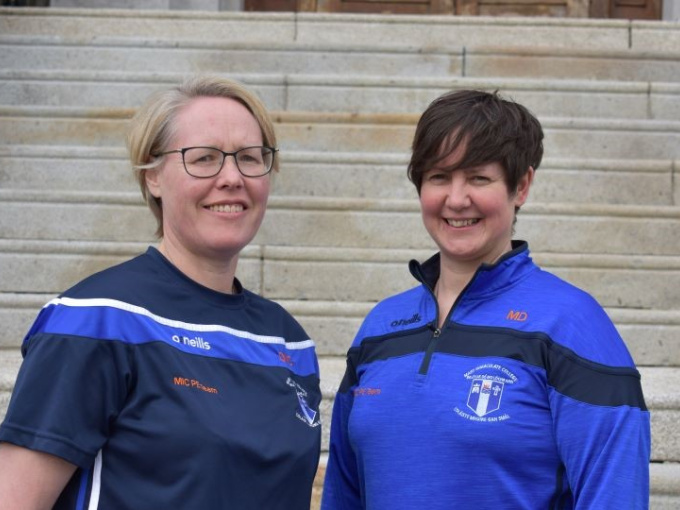
Authentic Assessment in Physical Education
In their module, Michelle Dillon and Dr Déirdre Ní Chróinín teach future primary teachers about social justice issues and how to begin to address these issues in Physical Education. Sometimes these ideas can feel out of reach for beginning teachers, so they used a combination of analysing physical activity participation experiences, case studies and scenarios, as well as observation and teaching with primary-school aged children to promote applied learning. In this case study they make explicit links between these activities and the module assessment.
Project Partners
The preparation of these case studies was supported by the Strategic Alignment of Teaching and Learning Enhancement (SATLE) projects, funded by the National Forum for the Enhancement of Teaching and Learning in Higher Education and the Higher Education Authority.
